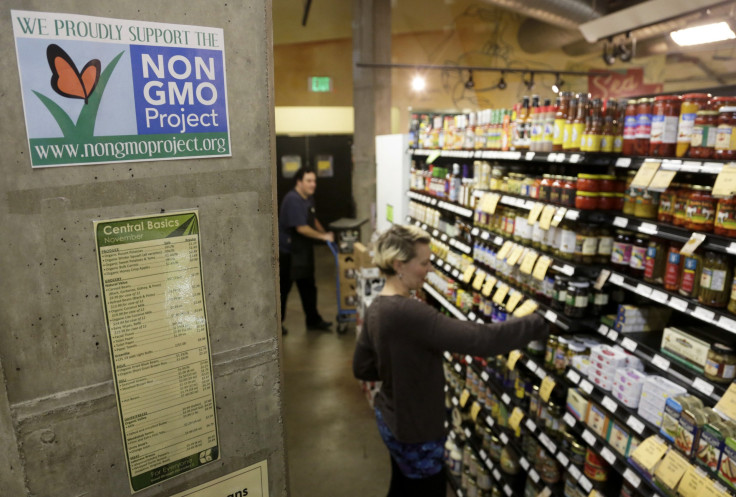Scientists And US Public Have Strikingly Different Views About Science-Related Issues: Poll

The American public and scientists have strikingly different perspectives on key science-related issues, including climate change, safety of genetically modified food and human evolution, according to a poll conducted by the Pew Research Center.
According to the survey, 87 percent of the scientists questioned by the Pew Research Center said that climate change is mostly caused by human activity, compared with 50 percent of the public. In addition, 25 percent of the public said that there was no solid evidence to prove that the climate is warming, Reuters reported.
On the safety of genetically modified food, scientists and the public differed by over 50 percentage points, with 88 percent of the scientists saying such food is safe to eat, compared with only 37 percent of the public. On evolution, 98 percent of the scientists said that humans had evolved over time, compared with 65 percent of the public.
“We knew from the 2009 Pew Research Center study that there could be differences between the public and scientists on at least some issues. But we were surprised by the size of those differences and how often they occur,” Cary Funk, lead author of the report and an associate director of science research at Pew Research Center, said in a statement.
Scientists say that the differences in views are partly due to their own failure in reaching out to the general public, as well as shortfalls in science education in American elementary and secondary schools. While at odds with scientists over several issues, the public agreed on the last point, with most respondents on both sides rating science, technology, engineering and math (STEM) education in the U.S. as merely average, according to the poll released on Thursday.
As part of the poll, the researchers asked identical questions to 2,002 adults and 3,748 members of the American Association for the Advancement of Science (AAAS), which provided assistance in conducting the poll.
“Such disparity is alarming because it ultimately affects both science policy and scientific progress,” Alan Leshner, head of the AAAS, said in an editorial in the journal Science. “How can we bridge this gap? Forget the staged ‘town hall’ meetings -- studies show that they are not very effective. What does work is respectful bidirectional communication, where scientists truly listen, as well as speak, to the public.”
Here are some other key findings of the poll:
- 89 percent of scientists favor using animals in biomedical research, compared with only 47 percent of the public who support the idea
- 68 percent of scientists believe that eating food treated with pesticides is safe while only 28 percent of the public think so
- 86 percent of scientists think that childhood vaccines should be made mandatory, compared with 68 percent of the public
“There is considerable interest in the policy community, among scientists themselves, and among engaged citizens to understand how the fast-paced world of scientific inquiry and innovation is shaping our world,” Michael Dimock, the president of Pew Research Center, said in a statement. “We hope to explore that and to understand more fully how news and information about scientific activities makes their way to citizens.”
© Copyright IBTimes 2025. All rights reserved.






















